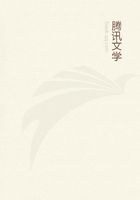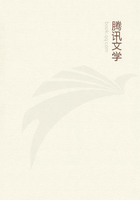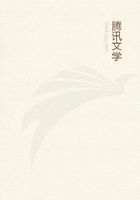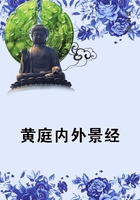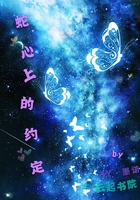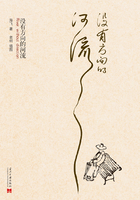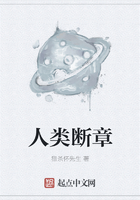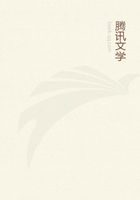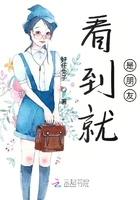An ingenious myth accounts for Tennyson's success: At Oxford, says Charles Wordsworth, the author was more likely to have been rusticated than rewarded. But already (1829) Arthur Hallam told Mr Gladstone that Tennyson "promised fair to be the greatest poet of our generation, perhaps of our century."In 1830 Tennyson published the first volume of which he was sole author. Browning's Pauline was of the year 1833. It was the very dead hours of the Muses. The great Mr Murray had ceased, as one despairing of song, to publish poetry. Bulwer Lytton, in the preface to Paul Clifford (1830), announced that poetry, with every other form of literature except the Novel, was unremunerative and unread.
Coleridge and Scott were silent: indeed Sir Walter was near his death; Wordsworth had shot his bolt, though an arrow or two were left in the quiver. Keats, Shelley, and Byron were dead; Milman's brief vogue was departing. It seemed as if novels alone could appeal to readers, so great a change in taste had been wrought by the sixteen years of Waverley romances. The slim volume of Tennyson was naturally neglected, though Leigh Hunt reviewed it in the Tatler.
Hallam's comments in the Englishman's Magazine, though enthusiastic (as was right and natural), were judicious. "The author imitates no one." Coleridge did not read all the book, but noted "things of a good deal of beauty. The misfortune is that he has begun to write verses without very well understanding what metre is." As Tennyson said in 1890, "So I, an old man, who get a poem or poems every day, might cast a casual glance at a book, and seeing something which Icould not scan or understand, might possibly decide against the book without further consideration." As a rule, the said books are worthless. The number of versifiers makes it hard, indeed, for the poet to win recognition. One little new book of rhyme is so like another, and almost all are of so little interest!
The rare book that differs from the rest has a bizarrerie with its originality, and in the poems of 1830 there was, assuredly, more than enough of the bizarre. There were no hyphens in the double epithets, and words like "tendriltwine" seemed provokingly affected. A kind of lusciousness, like that of Keats when under the influence of Leigh Hunt, may here and there be observed. Such faults as these catch the indifferent eye when a new book is first opened, and the volume of 1830 was probably condemned by almost every reader of the previous generation who deigned to afford it a glance. Out of fifty-six pieces only twenty-three were reprinted in the two volumes of 1842, which won for Tennyson the general recognition of the world of letters. Five or six of the pieces then left out were added as Juvenilia in the collected works of 1871, 1872. The whole mass deserves the attention of students of the poet's development.
This early volume may be said to contain, in the germ, all the great original qualities of Tennyson, except the humour of his rural studies and the elaboration of his Idylls. For example, in Mariana we first note what may be called his perfection and accomplishment.
The very few alterations made later are verbal. The moated grange of Mariana in Measure for Measure, and her mood of desertion and despair, are elaborated by a precision of truth and with a perfection of harmony worthy of Shakespeare himself, and minutely studied from the natural scenes in which the poet was born. If these verses alone survived out of the wreck of Victorian literature, they would demonstrate the greatness of the author as clearly as do the fragments of Sappho. Isabel (a study of the poet's mother) is almost as remarkable in its stately dignity; while Recollections of the Arabian Nights attest the power of refined luxury in romantic description, and herald the unmatched beauty of The Lotos-Eaters.
The Poet, again, is a picture of that which Tennyson himself was to fulfil; and Oriana is a revival of romance, and of the ballad, not limited to the ballad form as in its prototype, Helen of Kirkconnell.
Curious and exquisite experiment in metre is indicated in the Leonine Elegiacs, in Claribel, and several other poems. Qualities which were not for long to find public expression, speculative powers brooding, in various moods, on ultimate and insoluble questions, were attested by The Mystic, and Supposed Confessions of a Second-rate Sensitive Mind not in Unity with Itself, an unlucky title of a remarkable performance. "In this, the most agitated of all his poems, we find the soul urging onward 'Thro' utter dark a full-sail'd skiff, Unpiloted i' the echoing dance Of reboant whirlwinds;'
and to the question, 'Why not believe, then?' we have as answer a simile of the sea, which cannot slumber like a mountain tarn, or 'Draw down into his vexed pools All that blue heaven which hues and paves'
the tranquil inland mere."
The poet longs for the faith of his infant days and of his mother -"Thy mild deep eyes upraised, that knew The beauty and repose of faith, And the clear spirit shining thro'."That faith is already shaken, and the long struggle for belief has already begun.
Tennyson, according to Matthew Arnold, was not un esprit puissant.

